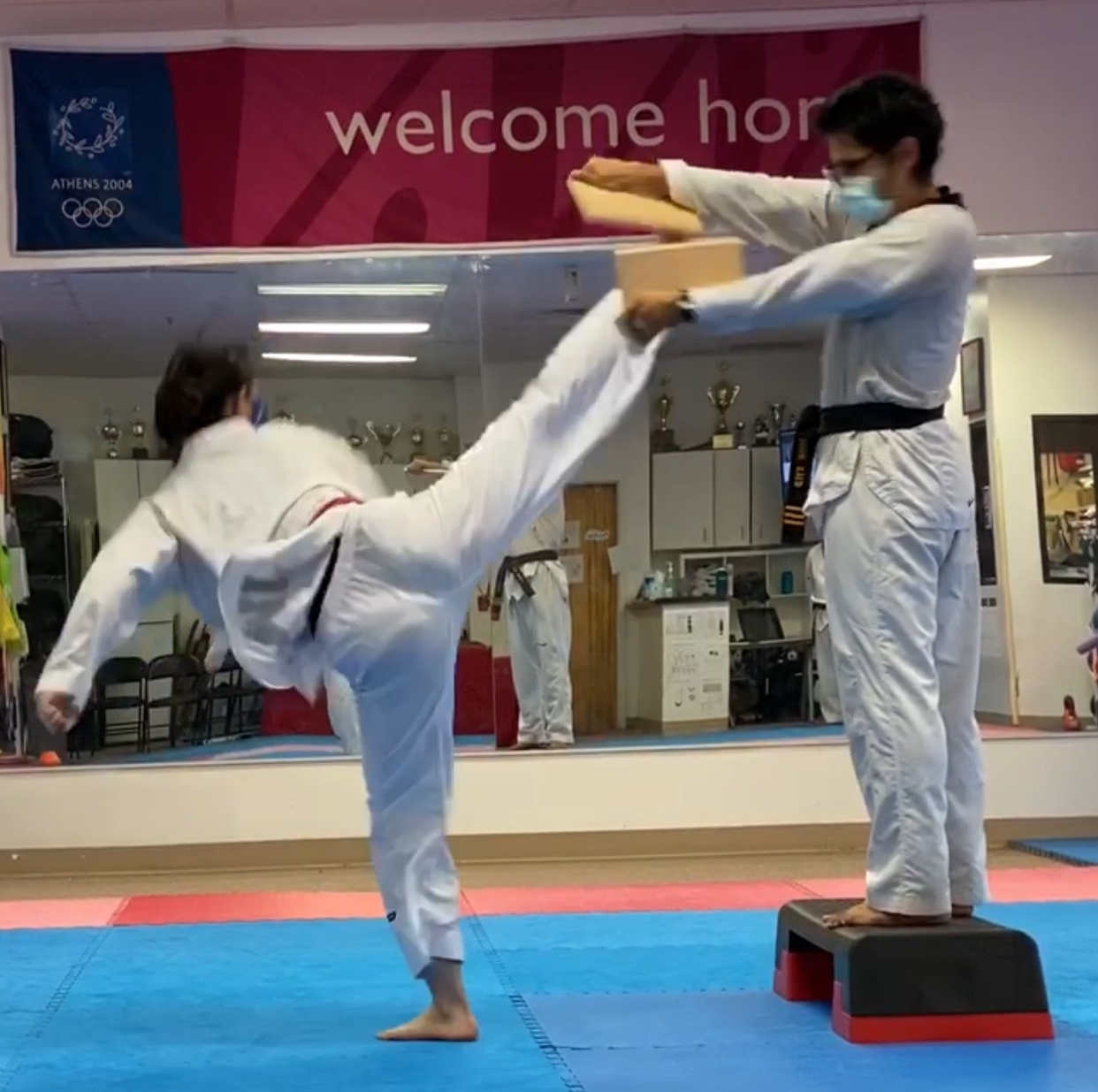Assistant Professor Joy Zeng, the newest chemical engineering professor to join the Brown School of Engineering, recognized the fundamental link between chemistry and nature even before she knew how to put it into words. Converting abundant, renewable, or waste materials into society’s essential fuels and chemicals, and expanding the repertoire of reactions that can be facilitated electrocatalytically while diving into the molecular details of how phenomena unique to electrode surfaces can alter catalytic outcomes – these are descriptors that came much later.
“I’ve been interested in sustainability, as a guiding light, since middle school. It was probably those sobering videos that you watch about climate change that made me feel like this is a really important challenge,” she said. “With time, I have only come to understand more deeply how sustainability is seriously impacting human health and welfare not just in some distant future, but today.
“(Sustainability) is really important to me, and that is part of the reason I wanted to become a chemical engineer. I think what chemical engineers really pride themselves on is understanding phenomena at a variety of length scales, so whether it is molecules and atoms and having intuition about how those act, or the macroscopic kinds of physics that you need to think about when you’re designing a reactor that produces fertilizer that feeds the world at millions-of-tons-per-year kind of scale, being able to intuit both at the molecular level, but also at the scale at which we produce energy and at which we produce chemicals – that’s a very kind of unique and special thing about chemical engineering, and it felt very relevant to sustainability.
“I think about it a lot in terms of the processes that have CO2 footprints and how we might think about alternative processes for those, whether it’s energy generation, or materials and chemicals generation. It really felt like a useful and timely major for thinking about new solutions and understanding them from a fundamental level, but also understanding how they scale and how they might make an impact in the world. That's a big part of why I chose chemical engineering. Because at the end of the day, I like thinking about molecules and very fundamental concepts, but I do want it to be in a context that I believe could feasibly really matter.”
Zeng arrived on College Hill this fall, after a postdoctoral fellowship in the Department of Chemistry and Chemical Biology at Harvard. She earned her B.S. in chemical engineering from Stanford and her Ph.D. in chemical engineering from MIT, where she was a Fellow in the Society of Energy Scholars and a recipient of a Mathworks Engineering Fellowship. Originally from the mid-Atlantic, staying in the Northeast to begin her professorial career was important to her, and the intellectual community at Brown seemed like a good fit.
“Brown is definitely a smaller engineering and chemical engineering presence than I’m used to,” she said, “But that promotes faculty really knowing each other, and it lowers the barrier for having conversations. I am really enjoying that aspect of it – chatting more easily with my coworkers, and meeting people across the School of Engineering, who I probably wouldn’t have interacted with if I had been part of a larger chemical engineering department. It’s exciting to me.
“When applying for positions, I spent a lot of time thinking, or hypothesizing … really dreaming of technologies that could make a difference in sustainability, and so now I get to build toward that. Especially in the beginning, there’s a lot of excitement, and maybe naivete, because things are very exciting in terms of collaborations and directions that I’m interested in. I think I’ll have a lot of interaction with the chemistry department. I did my postdoc in a chemistry department, and I’m very interested in how molecules work, and how reactions happen on a very fundamental molecular level. There will be a lot of intellectual overlap and potentially collaboration there.
“And then there are my new colleagues who do materials for sustainability in the School of Engineering. I’m interested in electrochemical devices that require materials for higher temperature operations, for example. I’m also quite interested in the intersection between electrochemistry and biology and biocatalysis – how enzymes facilitate chemical reactions. There are a lot of chemistries I’m thinking about!”
To make those collaborations a reality, first, Zeng will need to recruit Zengineers (a fun play on words she created by meshing the letters in Zeng and engineers) to fill the lab space allotted to her on the third floor of the Engineering Research Center. The lab itself looks much like a wet lab, as many of Zeng’s experiments involve chemistry. She has just one graduate student so far, but there is a rotation of first-year graduate students exploring different groups hoping to match their interests, and since she does not expect her lab to get into full swing until winter and spring, she has some time to enlist undergraduate help. She is teaching the upper-level ENGN 1130 Chemical and Statistical Thermodynamics course this fall.
